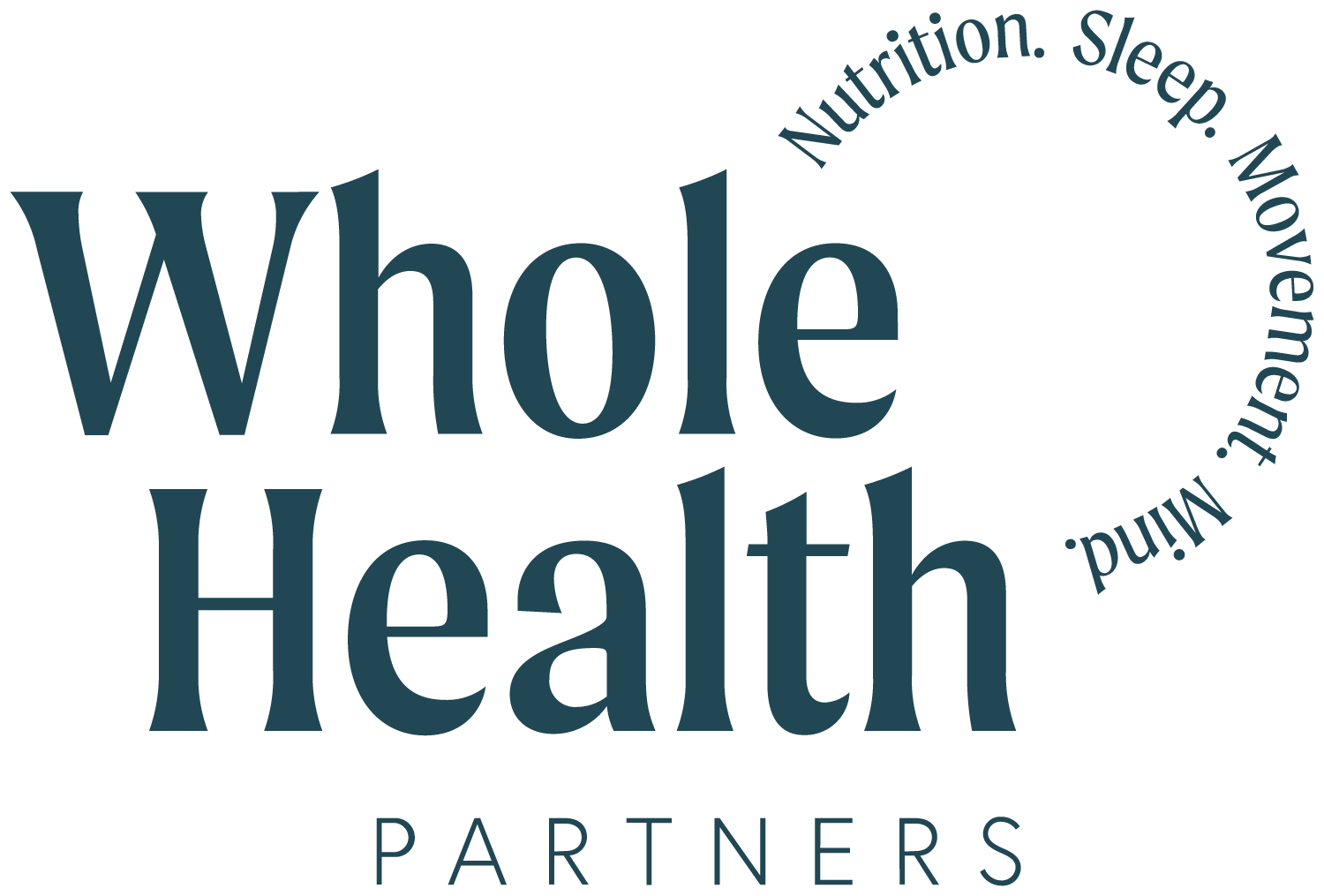Diabetes, Pre-Diabetes, and Insulin Resistance: Our Approach
The term insulin resistance refers to when a body does not respond well to insulin. Insulin resistance encompasses a wide variety of health conditions that includes diabetes (types 1 and 2), prediabetes as well as certain other conditions like polycystic ovarian syndrome (PCOS) . While the severity of insulin resistance depends on the specific conditions that are causing it, the impact is the same—an inability to process and manage blood glucose levels.
If caught early, it is often possible to address insulin resistance and prediabetes through lifestyle medicine interventions that include diet, physical activity, sleep hygiene and stress management. These same strategies can be applied to more severe cases of insulin resistance like Type 2 diabetes—potentially helping to reduce the need for medication.
What is insulin resistance, and why does it matter?
Our bodies need blood glucose, or blood sugar, in order to function effectively. It’s a simple sugar that provides us with energy for our brains, muscles and a variety of other organs. Blood glucose comes directly from the food we eat. If we are fasting, our bodies can also actually generate blood glucose in order to maintain healthy levels.
However, while blood glucose is an essential nutrient—it can also have detrimental effects if levels get too high, or too low. And that’s why our bodies produce a hormone called insulin. When our blood glucose rises, our pancreas generates insulin to help the body move glucose from our blood and into our muscles and organs, where it is used for fuel.
Sometimes, a variety of both genetic and lifestyle-related factors mean that our bodies cannot respond effectively to insulin, leading to unhealthy spikes in blood glucose that can can lead to negative health outcomes including cardiovascular disease, compromised vision, neuropathy, and a need for long-term medication.
What risk factors may lead to increased insulin resistance?
Genetic and lifestyle factors that contribute to insulin resistance include:
Being overweight or obese—especially if carrying excess weight around the belly or organs
Being over 45
Having a close relative—parent or sibling—with diabetes
Physical inactivity
Health conditions like high blood pressure, abnormal cholesterol levels, a history of heart disease or stroke
Polycystic Ovarian Syndrome (PCOS)
It’s important to note that people of certain ethnic backgrounds—including African American, hispanic/latino and Native American—are potentially at higher risk of insulin resistance.
How can I tell if I have diabetes or pre-diabetes?
While insulin resistance can eventually lead to serious health conditions—there are often very few symptoms related to the early stages of pre-diabetes. That’s why it’s important to have labs taken regularly and, where appropriate, to use technology like Continuous Glucose Monitoring (CGMs) to assess how our body is processing blood glucose.
How does Whole Health Partners help patients to manage insulin resistance?
As with all of our services, our lifestyle medicine approach means we work with you and your primary care provider to not just address specific symptoms, but rather to identify and address the underlying causes of insulin resistance.
That first means gaining an accurate picture of how your lifestyle and genetic factors may be contributing to insulin resistance—where appropriate using Continuous Glucose Monitoring to understand fluctuations in blood glucose in real time. Then, together, we will develop a plan that includes diet and nutrition (including meal planning), physical activity, sleep hygiene and stress management.
The ultimate goal is to empower our patients with the knowledge, skills and motivation to manage their insulin resistance for the long-term, developing strategies and tactics that can be sustained and built on in order to manage the risks associated with insulin resistance.
What would you like help with?
Weight Loss and Weight Maintenance
Blood Glucose Management, Diabetes, Insulin Resistance, Hypertension, High Cholesterol, Thyroid Disease, Hormonal Health
Polycystic Ovarian Syndrome (PCOS), Perimenopause/Menopause





